RIGHTS ONLY FOR THE LEFT ON THE INTER-AMERICAN COMMISSION OF HUMAN RIGHTS?
The IACHR’s history in Colombia shows a bias in favor of left-wing terrorist groups and their collaborators. The most emblematic example is the case of Manuel Moya and Graciano Blandon, in which the Commission’s shoddy work and the Inter-American Court’s ruling had immediate and tragic consequences for members of one of Colombia’s most vulnerable communities
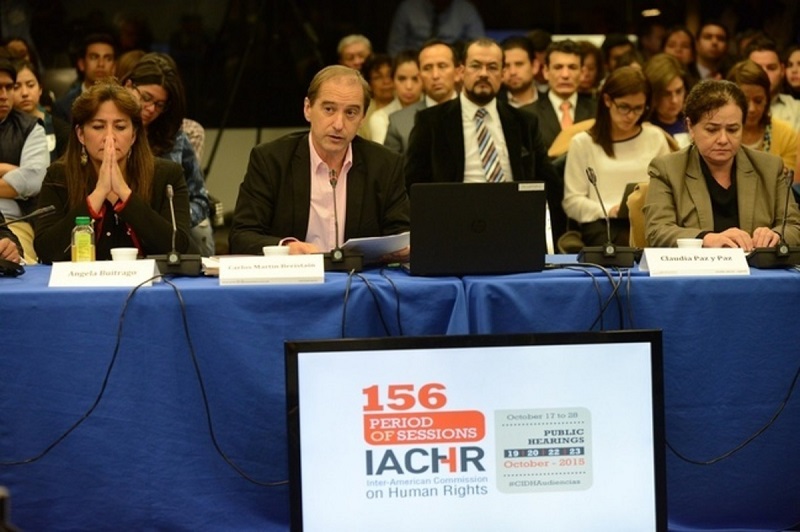
Angela maria Buitrago yla CIDH
Rights only for the Left on the Inter-American Commission of Human Rights?
Part 2/2
The IACHR’s history in Colombia shows a bias in favor of left-wing terrorist groups and their collaborators. The most emblematic example is the case of Manuel Moya and Graciano Blandon, in which the Commission’s shoddy work and the Inter-American Court’s ruling had immediate and tragic consequences for members of one of Colombia’s most vulnerable communities

By Lia Fowler*
December 15/2016
@lia_fowler
2003 was a bad year for Colombia’s narco-terrorist group FARC. In April, with Jorge Noguera at the helm of the former Administrative Department of Security (DAS), several FARC operatives were arrested for the February bombing of Club El Nogal in Bogota – an atrocity that left 36 dead and more than 200 injured. By December, the DAS had collected sufficient evidence to implicate the FARC’s leadership in the bombing. Also that year, the DAS captured the FARC’s “kidnapping czar,” known by his alias “Hugo,” accused of several high-profile kidnappings and executions and more than 30 terrorist attacks. In an interview with Colombian daily El Pais that year, Mr. Noguera explained that “Hugo” was a key FARC commander, generating around seven million dollars a year in ransom and extortion proceeds for the organization.
Indeed, according to government statistics, under Mr. Noguera’s leadership, between 2002 and 2005, the DAS registered more than 1,300 successful investigations of both left and right-wing paramilitary criminal syndicates, involved in everything from terrorism and drug trafficking to public corruption. That successful record put him in the sights of Colombia’s politicized justice system – but it seems to have rendered him invisible to the Inter-American Commission for Human Rights (IACHR).
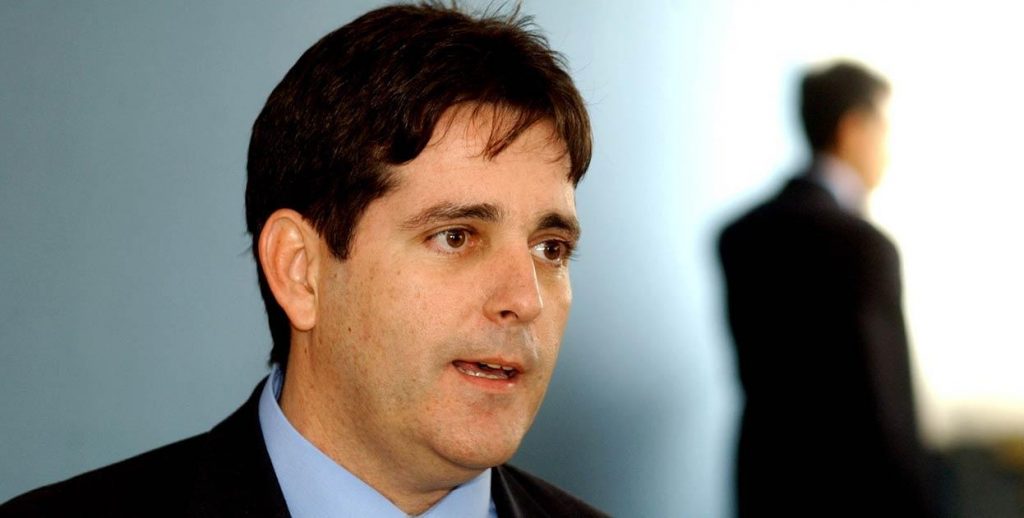
As reported in part one of this series, Mr. Noguera is currently serving a 25-year prison sentence for participating in an alleged criminal conspiracy with right-wing paramilitary groups. After a process riddled with due process violations, Mr. Noguera was denied the possibility to appeal the Court’s ruling. Imprisoned now for 9 years, he has been waiting almost four years for the International Commission on Human Rights to admit a petition that would grant him the right to that appeal.
A review of his case by an impartial Court, however, would reveal the many violations of due process perpetrated against him by Angela Maria Buitrago, the lead prosecutor in his case — and an IACHR “expert” that the Commission has staunchly defended.
And beyond that obvious conflict of interest, the IACHR’s history in Colombia shows a bias in favor of left-wing terrorist groups and their collaborators. The most emblematic example is the case of Manuel Moya and Graciano Blandon, in which the Commission’s shoddy work and the Inter-American Court’s ruling had immediate and tragic consequences for members of one of Colombia’s most vulnerable communities.
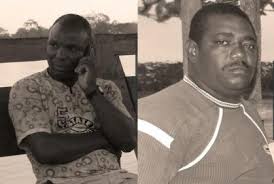
On February 4, 2008, Mr. Moya and Mr. Blandon, two afro-descendent leaders from the communities of Curvaradó and Jiguamiandó in the Department of Chocó, appeared before the Inter-American Court in Costa Rica to denounce interference and harassment by the FARC, in collusion with the non-governmental organization Inter-Church Justice and Peace Commission (CJIP), in the local governance of their autonomous territories. They made two requests: First, armed with written statements from 231 families naming them as their representatives, they challenged the CIJP’s self-proclaimed status as the legal representative of their community before the Court, explaining that the NGO’s leader, Javier Giraldo, had usurped that role to exert control, along with the FARC, over their community. Their claim made sense. Mr. Moya and Mr. Blandon were the founders and legal representatives for the Curvaradó and the Juguamiandó Community Councils – territories from which they had been forcibly displaced by the FARC and the CJIP.
They also reported that they had been victims of repeated threats and intimidation by both organizations – which led to their second request: In light of their vulnerable status, they asked the Court to grant them provisional measures of protection. Such a ruling would have compelled the government of Colombia to provide them with protection against the FARC.
But the wheels of International justice moved slowly, and it wasn’t until November 17, 2009, that the Court made its ruling: Citing insufficient information in a report conducted by Victor Abramovich of the Inter-American Commission, the Court granted provisional measures of protection for families the CJIP claimed to represent, but denied them for Mr. Moya, Mr. Blandon, and their community – leaving them displaced and unprotected.
On the morning of December 17, 2009, the community leaders were officially notified of the Court ruling. That very afternoon, Mr. Moya, Mr. Blandon, and his 22-year-old son were tortured and murdered by members of the FARC’s 34th front.
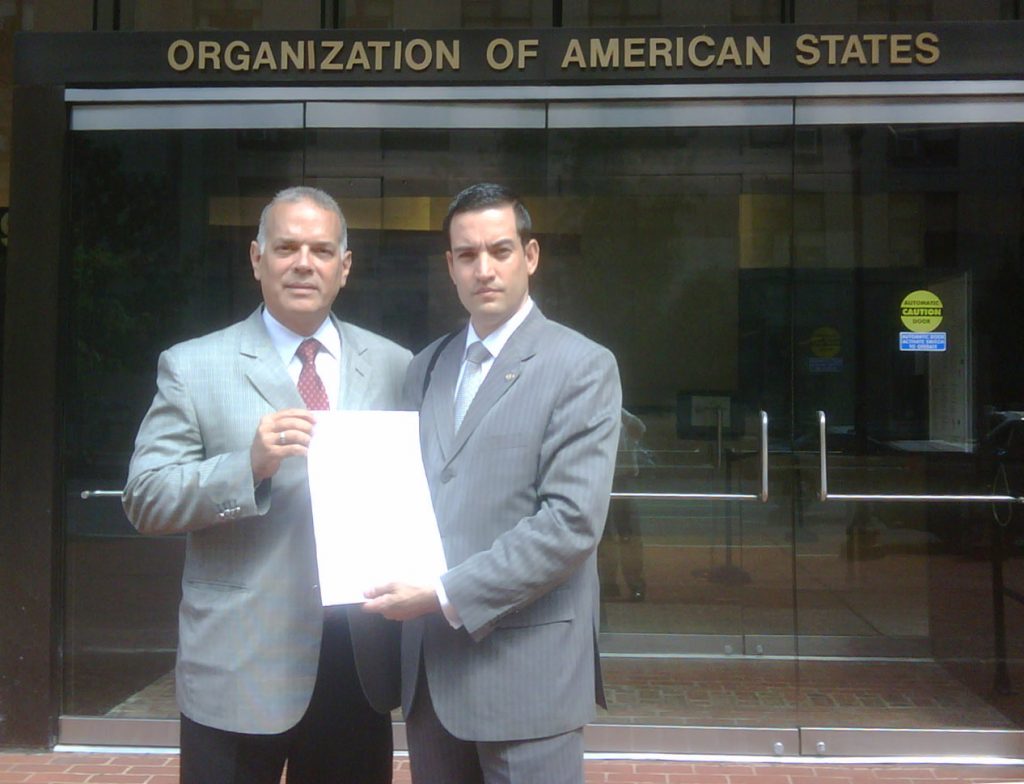
“The IACHR is accountable for the murder by the FARC of Moya and Blandon, due to its negligence and its failure to order provisional measures of protection for these afro-descendent leaders,” stated Jaime Arturo Restrepo, President of the Association of Victims of Terrorist Guerrillas and legal representative of the multi-national organization UnoAmerica in a telephonic interview last week.
Mr. Restrepo was part of UnoAmerica’s independent investigation of the murders, along with the organization’s Venezuelan founder and president, Alejandro Peña Esclusa. Less than a year after the murders, Mr. Peña Esclusa was jailed by the Hugo Chavez regime, notorious for the arbitrary detention of its opponents. Shortly thereafter, Mr. Restrepo submitted a petition to the IACHR, condemning the illegal detention and seeking protective measures for Mr. Peña Esclusa. Six years on, the IACHR has not even acknowledged receipt of the petition.
But the IACHR can and does act quickly and effectively when it wants to. In December 2013, the mayor of Bogotá, Gustavo Petro, was removed from his position as the result of an Inspector General investigation. Petro is an amnestied M-19 terrorist – an urban off-shoot of the FARC, whose members received a blanket pardon in 1989. Within three months, the IACHR issued cautionary protective measures to protect Petro’s political rights, stating that Petro was facing a “grave and urgent” situation. He eventually was reinstated, based in part on the IACHR ruling.
How one politician’s removal from his job can be placed above the life of members of a vulnerable population, or the freedom of those unjustly jailed is difficult to justify. The only logical conclusion is that the decisions are motivated by the IACHR’s ideology, as evident in its actions as in its glaring omissions.
So the families of Mr. Moya and Mr. Blandon mourn their dead while the CJIP and the FARC continue to victimize their community. Peña Esclusa, while under conditional release, has been dispossessed of all his political rights by the Venezuelan regime. And Mr. Noguera , deprived of freedom for nine long years, waits for the IACHR to forward his petition to the Court and for the opportunity to clear his name.
In 1994, the Council of Europe abolished the European Commission of Human Rights citing an “urgent need to restructure the control machinery” of the system and improve efficiency. This allowed petitions to go directly to a permanent European Court of Human Rights. It’s time the Organization of American States followed Europe’s example.
*Lia Fowler is an American journalist and former FBI Special Agent

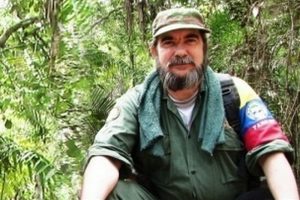
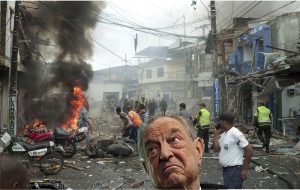
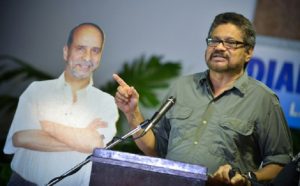
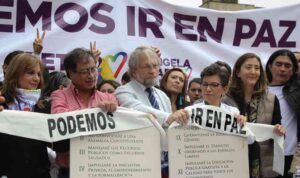
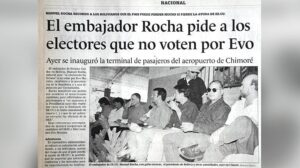
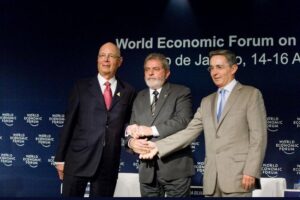
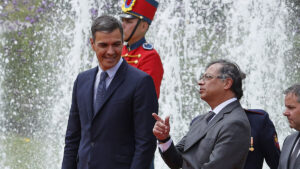
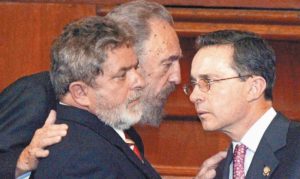
Comentarios